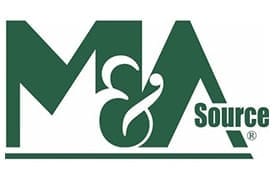Most business owners who are planning to sell their company are doing it for the first time. The process can be long and complex, and that’s why an experienced business broker can be your most important asset. Here are the steps you can expect your broker to walk you through.
Its important to note, all conversations are confidential.
The Discovery Process
When an owner approaches me about selling their business, the first conversation includes many questions. I want to know why they’re selling the business: Is it to retire, cash out, and move on to something else, or because they’re facing a personal or business issue that means it’s time to exit? I also want to know why now: Has the owner been thinking about selling for a while, or is this decision still in the exploratory stage?
The next question is: What goals does the owner have for the sale? Do they have a specific financial goal in mind (enough to fund their retirement or simply a good showing for their years of ownership)? Is leaving the business quickly and cleanly an important goal, or would they be willing to stay on during a transitional period, working for the new owner?
We discuss the input the owner has received from their accountant, financial planner, and family. What recommendations or advice has the owner received? Is there anything that might change their plans or make them reconsider selling? I’ll want to know that the seller is sure about the decision and ready to commit to the process.
The Opinion of Value
Once we’ve had the preliminary conversation, I provide an opinion of value for the company. A broker’s opinion of value is a way to price a business in the current market. It’s provided at the business owner’s request and is usually a less formal document than an official appraisal, which is a formal report prepared by a licensed appraiser. My opinion of value will be based on examining your financial status, including sales, expenses, and profitability. It will also include “comps,” data from sales of similar companies within the past year. This tells me what you can expect your company to be sold for under current market conditions.
This is an important step because if the number doesn’t match the owner’s needs or expectations, we’ll have to discuss other options. The business of making and distributing liquor is unique. Even if you have the best product on the market, it can (and does) take years for your whiskey, bourbon, or other spirits to become ready to sell. That long process means some distillers won’t make a profit (possibly even a sale) during that time.
Some distillers might have a brilliant product ready for sale but lack the ability or capital to build an efficient distribution system (another business entirely). I can help broker other kinds of deals as well: partnerships to bring distillers and distributors together, finding investors who can infuse capital to grow the business, or deals where the company is sold, but the owner /creator stays on to continue to run the operation. There are lots of possibilities.
Marketing the Business
Whatever model we decide works best, my job as a broker is to package the business and market it to my extensive database of potential buyers. Again, the distillery business is unique in that owners might very well know – and compete with – potential buyers or investors. It’s important to make sure the buyer is not only financially qualified to buy the business, but also a good fit for the company culture and products.
The Diligence Process
Once a potential buyer has been vetted by the broker and approved by the seller (I facilitate a meeting or a call to make sure they’re a good fit), the buyer’s team will examine the company’s financials. This process can take months. They’ll look at the last three years of tax returns, the customer base, the business operations, the staff, the facility, and anything else that might present a risk to a new owner.
An experienced broker will help the seller respond to inquiries and make sure they’re not wasting time or resources on frivolous or unnecessary requests for information. I’ll also make sure the process keeps moving; time is the enemy of most deals. During negotiations, I’ll help you avoid costly pitfalls or point out terms that are not in your best interest.
Closing
Finally, I’ll be there when the deal closes, and you hand over the keys. I stay in touch with most sellers I’ve done business with; our transaction is often the start of a long and friendly relationship.






